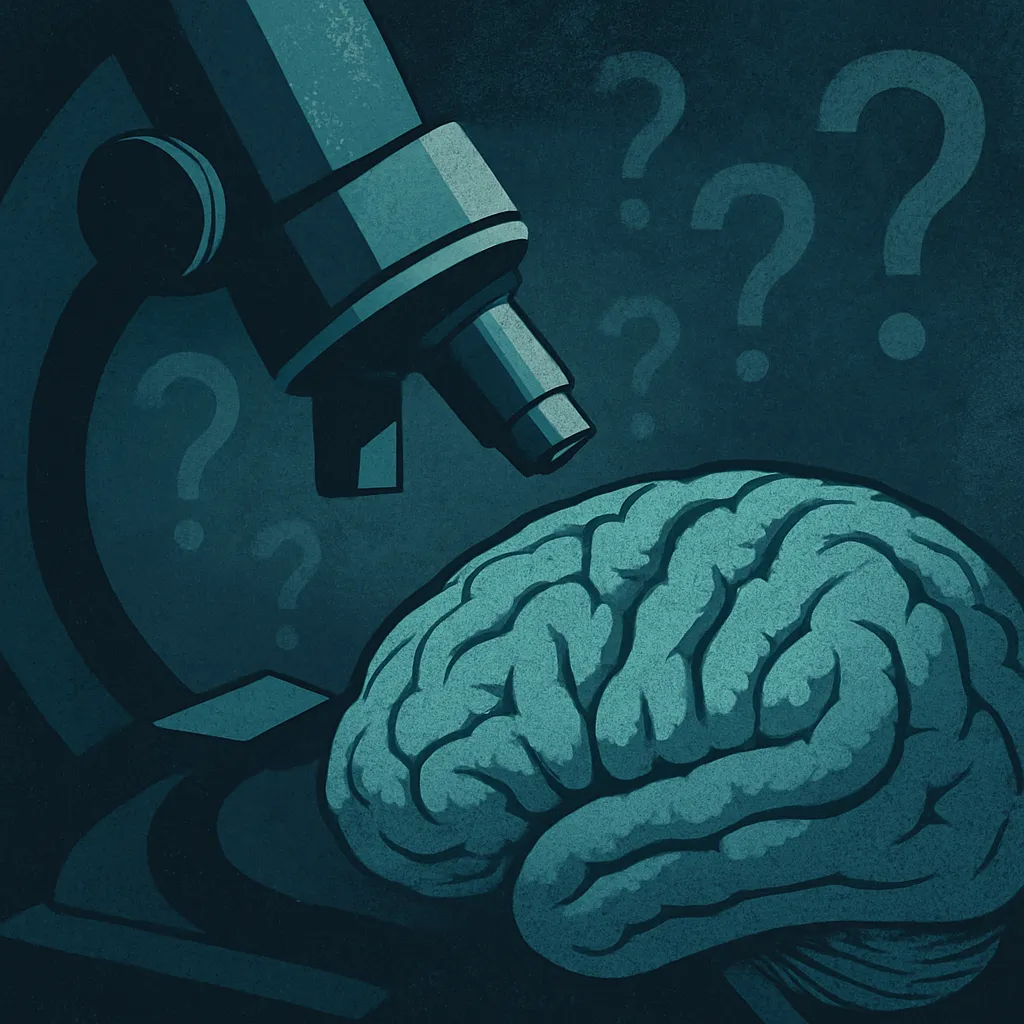The Genes Are Talking — But Who Are They Talking To?

Another autism study. Another gene cluster. Another quiet framing of autism as defect, disorder, deviation.
This week, researchers at Columbia and the New York Genome Center announced new findings linking hundreds of genetic variants across 185 neurodevelopmental conditions. Autism was part of the study, but not the center of it — and yet autism headlines carried the story.
Not the voices of autistic people. Not questions about what this means for our lives. Just the usual framing: genetic vulnerability, shared risk, disorder convergence.
The researchers aren’t villains. They’re asking scientific questions within scientific systems. But it’s time we asked some questions of our own:
- What makes a variant “risky” — the gene itself, or the way society responds to the person who carries it?
- Why are differences treated as dangers, and what counts as disorder?
- Who defines quality of life — and who gets left out of the conversation?
Autism genetics research is often presented as value-neutral — a hunt for information, nothing more. But information has implications. It shapes how we are seen, how we are treated and whether we are even allowed to exist as we are.
There is no such thing as apolitical research. Especially not when that research reinforces a deficit frame.
We are not unfinished versions of someone else. We are not statistical burdens. We are not failed neurotypicals.
If the genes are talking, the question isn’t just what they say — it’s who’s interpreting and why.
Ask harder questions.